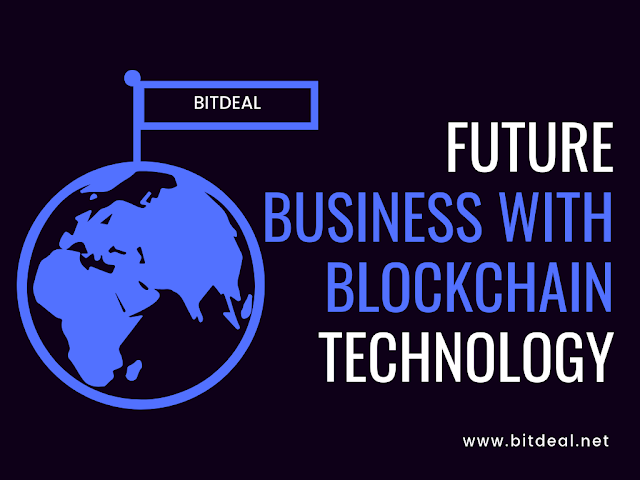Blockchain and Big Data
How Blockchain Can Transform Big Data?
Just like every other industry big data is also having a lot of risks and challenges. Blockchain proves its influence on big data by exploring its unique use cases, to resolve those risks.
Let's discuss what are the risks and challenges in big data.
Big Data: Risks and Challenges
Security
Ensuring the security level of data must be important, and it becomes highly complex as the data must pass through various platforms, cloud storages, servers to fulfill the data processing.
Managing the Data Quantity
The arrival of data is never gonna down, but it will grow dramatically as the online presence of a business, people and everything gets increased.
The arrival of data is never gonna down, but it will grow dramatically as the online presence of a business, people and everything gets increased.
Identifying and understanding malicious Data
We know big data analytics couldn’t posses through original and valid data. Sure, there will be a large volume of unidentifiable, fake, malicious and vulnerable data to be merged with other original data sets. This is the biggest complex task for data scientists to identify uncategorized data, and categorizing it into a separate data type.
Speed
Businesses like Facebook, Amazon, and Google are generating a large volume of data every second, so to prevent the business operations from not to drown into the data flood, We must process all the data on time. So here, the data processing and analyzing speed should be increased in direct proportion to the volume of data.
Cost Management
Managing data on different servers will cost high. So this will be another biggest challenge in handling big data.
Blockchain Use Cases in Big Data
Ensures Trust hence Data integrity
Blockchain stores original and structured data alone as it has gone through multiple verification processes before storing data.
Predictive data analytics
As blockchain is distributed it can collect data into one single place and can increase the computation power in processing the data.
Real-Time Data analysis
Blockchain enables fast and real-time data processing enterprises are started to adopt blockchain technology to process real-time transactions.
Manages Data sharing
Data sharing becomes possible, as it stores data collected from data studies in a blockchain network. So, no other team can repeat the data analysis on the same topic which is already carried out.
Prevents malicious activities
As blockchain uses consensus algorithms, to verify and validate a transaction, single malicious data can't be hidden inside the data network.
Check out this article for more reference : How Big Data Works In Blockchain


Comments
Post a Comment